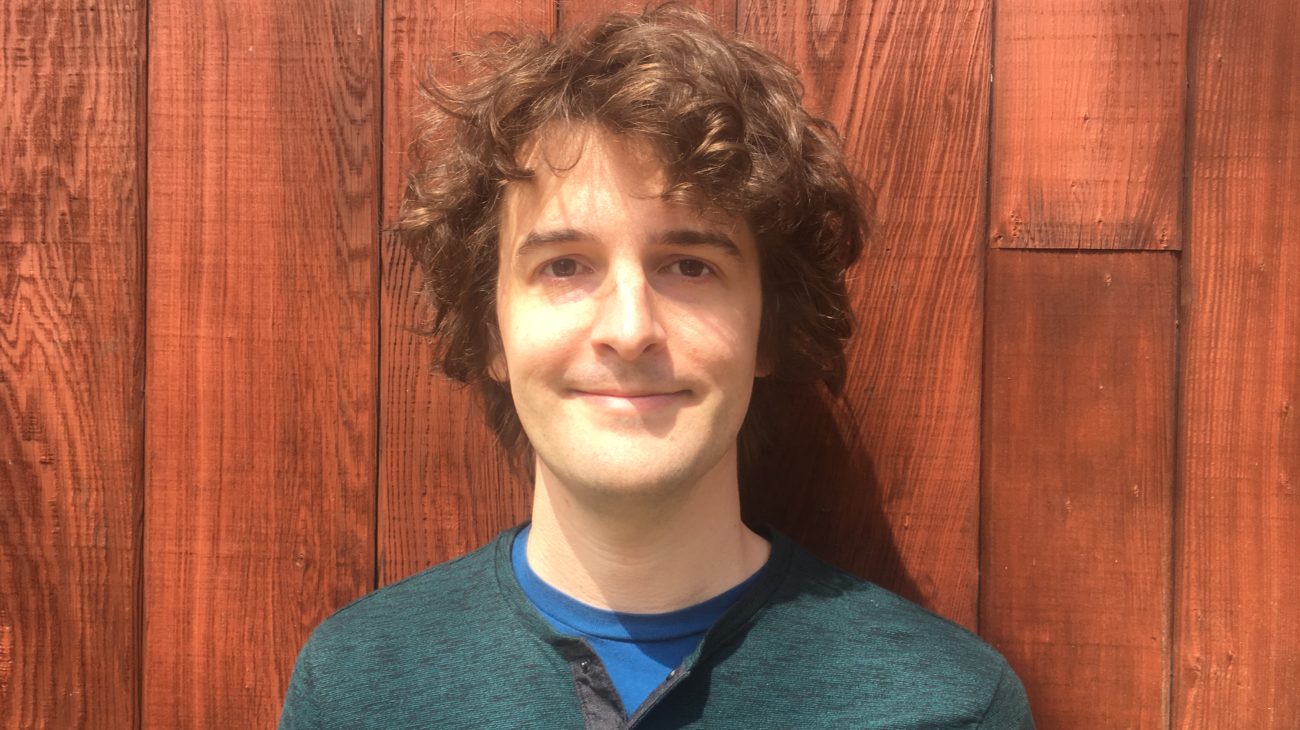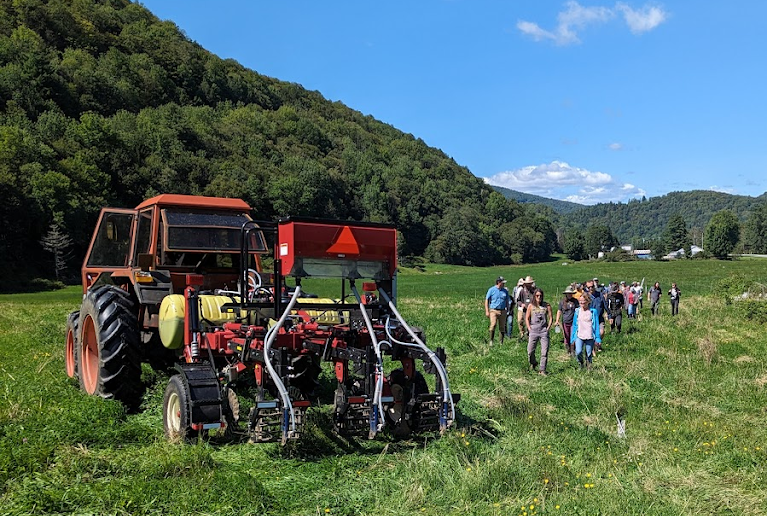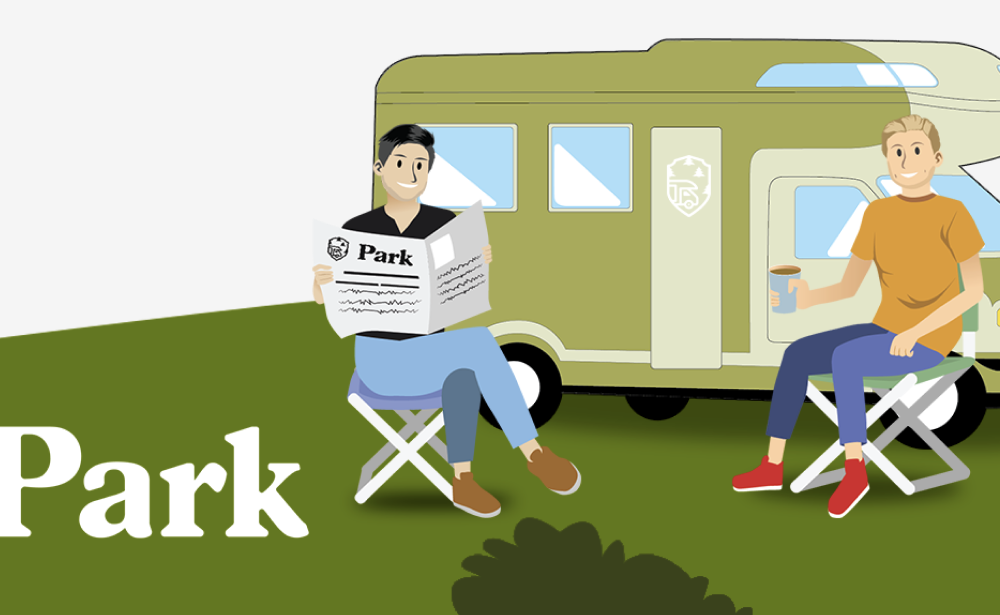
Thomas Dickerson, Geopipe
Thomas Dickerson, Co-Founder and Chief Science Officer of Geopipe
Who?
Thomas Dickerson, Co-Founder and Chief Science Officer of Geopipe
What is Geopipe?
Geopipe’s mission is to “build the authoritative digital twin of the real world”. They use a combination of machine learning techniques and classical methods to process a variety of types of geospatial data and create immersive digital twins and rich 3D data about real cities.
Who are the customers?
Geopipe started in the AEC (Architecture, Engineering, and Construction) space. One of the original use cases was to show how new buildings would look in the context of the location that they would be built. “Lately we have pivoted to focus more of our attention on applications around game engine technology” Thomas said. This allows the models to be used in things like video games and training simulations.
What set Geopipe apart during the Genius NY accelerator?
“I think the thing that sets Geopipe apart is that we are filling in a pretty substantial link in the ecosystem in terms of converting drone information into things that are actually useful for other people” Thomas said. He describes raw drone data as simultaneously having too much and too little information, the data is generally “densely sampled colors at points in 3-dimensional space” but doesn’t include any information about how objects connect to each other. Geopipe adds value by “taking a lot of high volume data with relatively little information per component and converting it to low volume data with a high amount of information per component”.
What’s next for AI/ML?
“I am a skeptic that we will see what someone would call general AI at any point in the next 5-10 years. But I think we will see a lot more use cases where task-specific models are able to drastically automate processes that have traditionally only been things that humans can do.” Thomas said. He believes that one example of this that will have the most profound impact on society is content generation. This impact will be driven by developments in deep learning techniques like GANs (Generative Adversarial Networks) which are “increasingly giving people the ability to create convincing content that doesn’t have any basis in reality”.
GANs are an approach to generative modeling wherein two models are trained against each other. One model is trained to generate something, images for example, while the other tries to classify the image as real or fake. This process is repeated and the models continuously improve until the generating model can fool the identifying model about 50% of the time, meaning the generative model should be creating plausible images.
What’s next for Geopipe?
Geopipe is hiring! “We’re really trying to get some more machine learning and deep learning talent in the door, working on the hard problems that we’re trying to solve. As well as some of the customer-facing product folks to take the deep tech and translate it into the more accessible aspects of the product”
What are your thoughts on the Vermont Startup Collective?
“It’s definitely been an interesting and fun forum for connecting with other folks in the Vermont startup ecosystem with questions around the general startup sorts of things like hiring, fundraising, keeping morale up during the pandemic, and other things like that. The ecosystem is definitely still developing in terms of being a place to sound off about the more technical side of things. As Geopipes CSO that’s definitely something where I feel like I have more to contribute.”
You heard him folks. Thomas is ready to take on your questions in the Collective, so be sure to drop a question in the technical section if you have one.
Best Takeout?
Porkys – “A ton of different barbeque options and large portion sizes”



